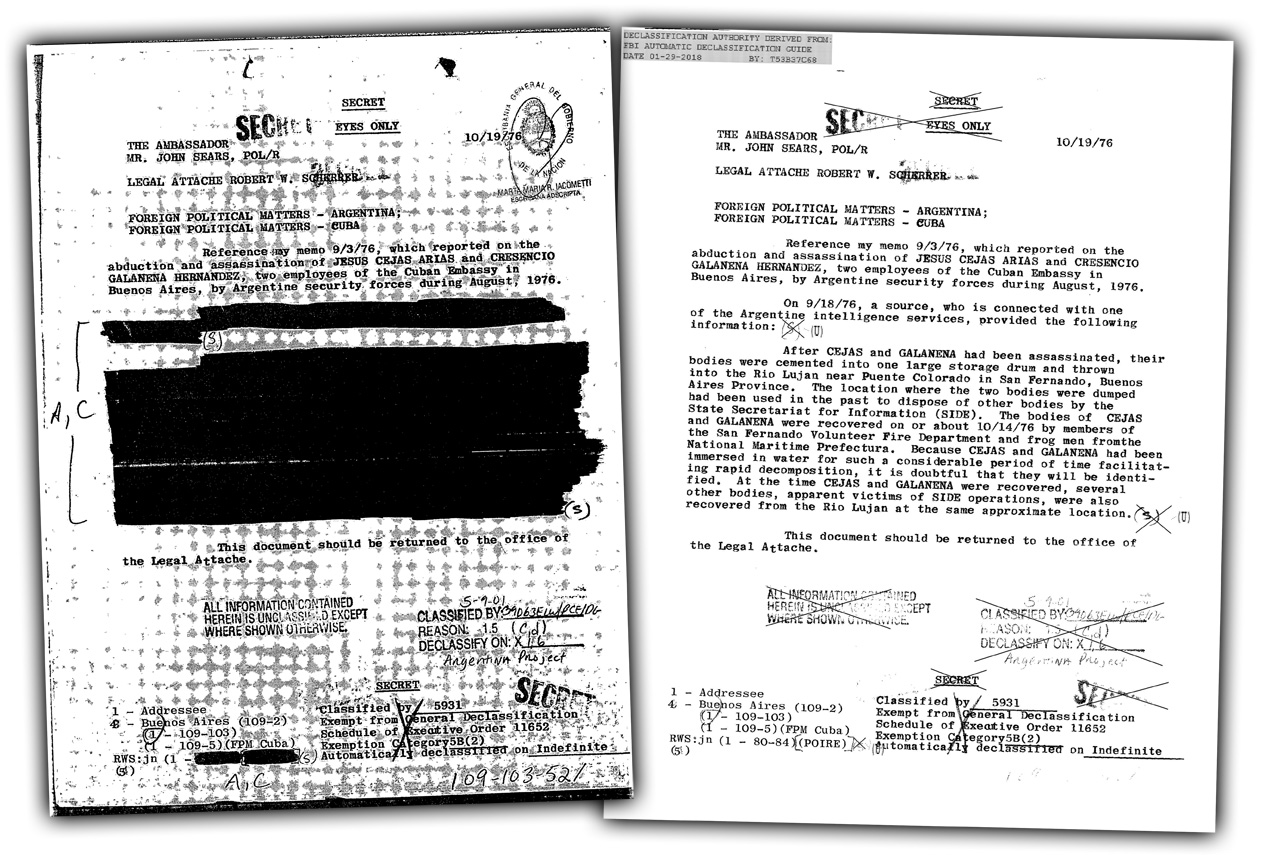North Korea's Response To Warship Disaster: Officials Held Accountable

Table of Contents
The Nature of the Disaster and Initial Reports
The exact details surrounding the North Korean naval accident remain shrouded in secrecy, typical of the regime's information control. Reports suggest the incident involved a significant warship, possibly a submarine or a large patrol boat, resulting in substantial military casualties. Speculation regarding the cause ranges from mechanical failure to unforeseen weather conditions, though the lack of transparency makes definitive conclusions impossible. The keywords North Korean naval accident, warship sinking, and military casualties are frequently used in initial reports, however, the information is fragmented and inconsistent.
- Conflicting reports emerged regarding the number of casualties, with estimates varying wildly.
- State-controlled media initially downplayed the incident, releasing minimal information.
- The lack of independent verification makes accurate assessment of the disaster's scope extremely challenging.
- The opacity surrounding the event underscores the challenges faced by outside observers in understanding events within North Korea.
Official Response and Investigation
The North Korean government response to the warship disaster was noteworthy for its relative speed and (for the regime) unusual level of detail. While still far from full transparency, the official announcement acknowledging the incident and the subsequent investigation represented a departure from typical secrecy. Keywords such as North Korean government response, official investigation, and military accountability were used in official statements, although the overall tone remained carefully controlled.
- A high-level committee was reportedly formed to investigate the circumstances of the sinking.
- Testimonies were likely gathered from surviving crew members and other relevant personnel.
- The government's prompt announcement, although limited in detail, could suggest an attempt to manage the narrative proactively.
- The official response contrasted sharply with the regime's typical practice of suppressing negative news related to military failures.
Accountability and Punishment of Officials
Following the investigation, several high-ranking officials within the North Korean military were held accountable for the warship disaster. This is significant because the regime rarely publicly punishes officials at this level. Keywords like military punishment, North Korea purges, and officials dismissed have featured prominently in subsequent analyses.
- Reports indicated that senior officers, potentially including admirals or generals, faced severe consequences.
- Punishments ranged from demotion and imprisonment to, according to some sources, executions.
- The severity of the punishments suggests a determined effort to address the incident and prevent future occurrences.
- The public nature of the accountability measures, while still carefully managed, may serve as a warning to other military personnel.
Implications for the North Korean Military and Regime
The North Korea warship disaster and the subsequent punishments have significant implications for the North Korean military and the regime's stability. Keywords like North Korean military reform, regime stability, and power struggles are vital for understanding the broader context.
- The event could impact military morale and discipline, potentially leading to increased scrutiny and pressure.
- The scale of the punishments might signal a broader effort to modernize or restructure the navy.
- The incident may reflect underlying power struggles within the North Korean military leadership.
- Internally, the actions send a message about the importance of accountability and the consequences of failure. Externally, it projects an image of controlled authority and efficiency.
Conclusion
The North Korea warship disaster resulted in an unusual level of official accountability, with high-ranking officials facing severe punishment. This action likely reflects internal power dynamics and a desire to maintain control within the military. Further research into the North Korea warship disaster and its implications is crucial for understanding the dynamics of the secretive regime. Stay informed on future developments concerning the North Korea warship disaster and the ongoing impact on the country's military.

Featured Posts
-
 Is That Watch Price Justified A Buyers Guide
May 27, 2025
Is That Watch Price Justified A Buyers Guide
May 27, 2025 -
 Nora Fatehi And Jason Derulos Snake Achieves Chart Success In The Uk
May 27, 2025
Nora Fatehi And Jason Derulos Snake Achieves Chart Success In The Uk
May 27, 2025 -
 10 000 Pages On Robert F Kennedys Assassination Declassified What We Know Now
May 27, 2025
10 000 Pages On Robert F Kennedys Assassination Declassified What We Know Now
May 27, 2025 -
 Viyna V Ukrayini Politichni Prichini Vidsutnosti Miru Za Putina
May 27, 2025
Viyna V Ukrayini Politichni Prichini Vidsutnosti Miru Za Putina
May 27, 2025 -
 Lainey Wilson And Benson Boone Set To Perform At The American Music Awards
May 27, 2025
Lainey Wilson And Benson Boone Set To Perform At The American Music Awards
May 27, 2025
